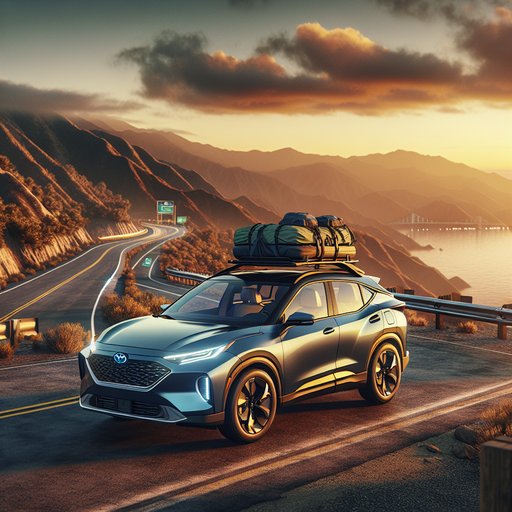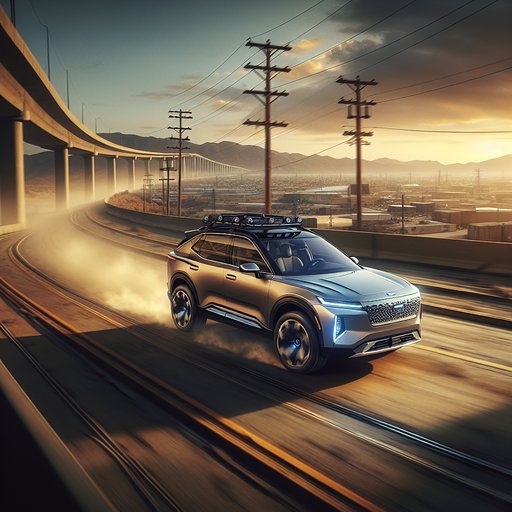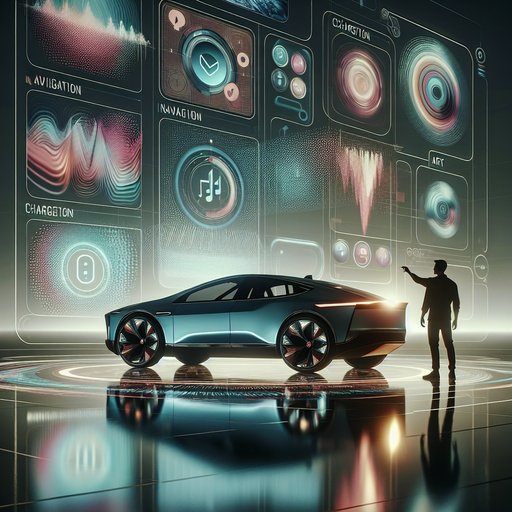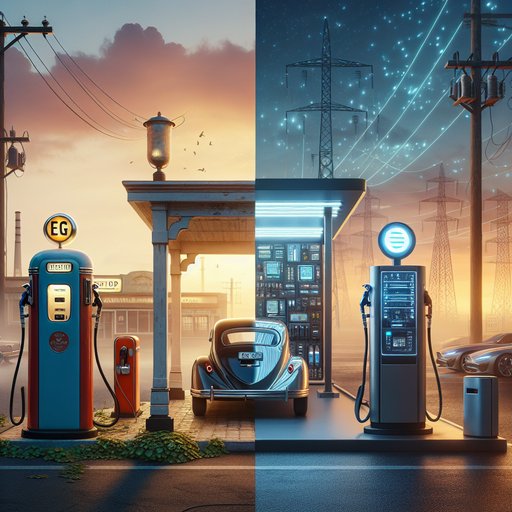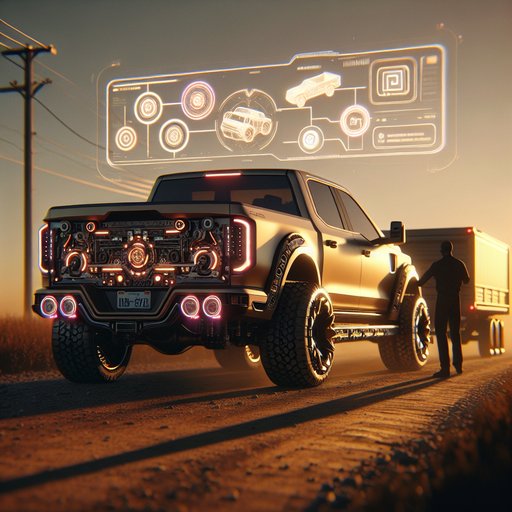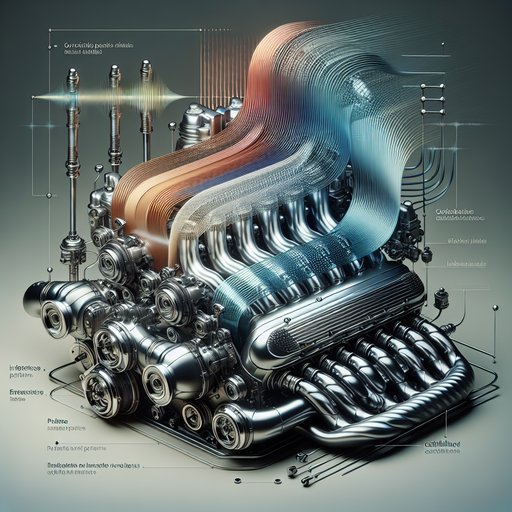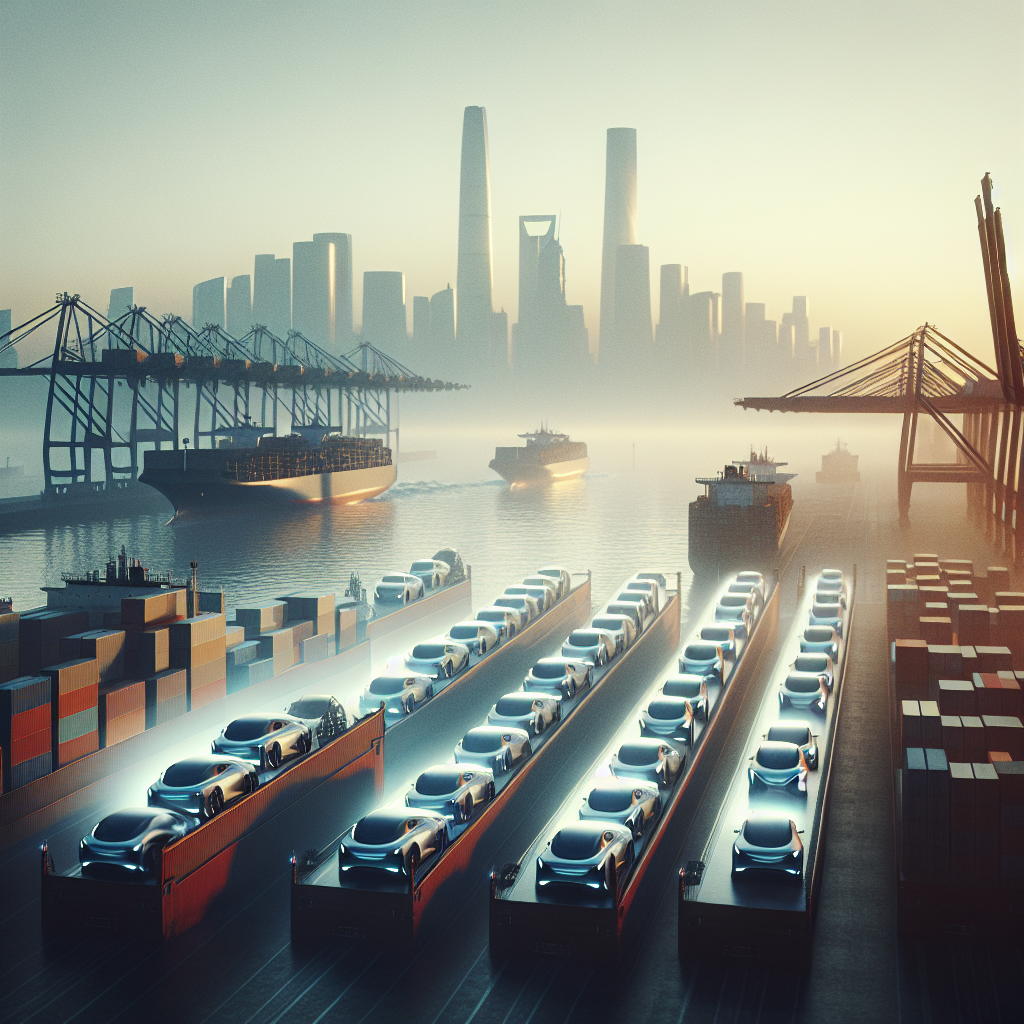
Chinese electric vehicle manufacturers are demonstrating remarkable strength in both domestic and international markets, with several companies hitting significant milestones. While the overall import market shows signs of contraction, domestic brands are expanding their global footprint through strategic initiatives and technological advancement, particularly in the electric vehicle sector.
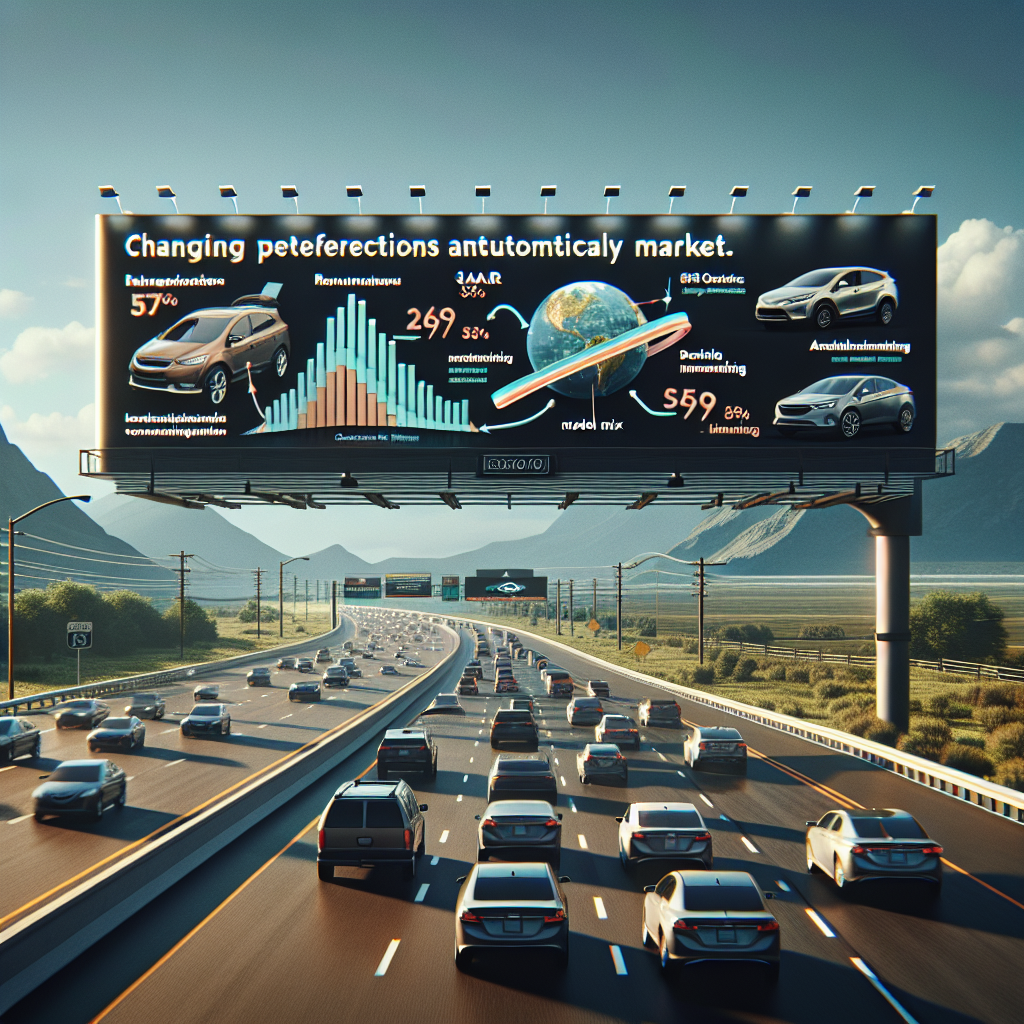
The American automotive landscape is experiencing significant changes as manufacturers adjust their strategies amid evolving market conditions. While some automakers are scaling back electric vehicle production, others are doubling down on their EV commitments and exploring innovative sales approaches. Tesla remains particularly active in policy advocacy, while traditional manufacturers like Ford are introducing creative financing solutions to maintain their market position.
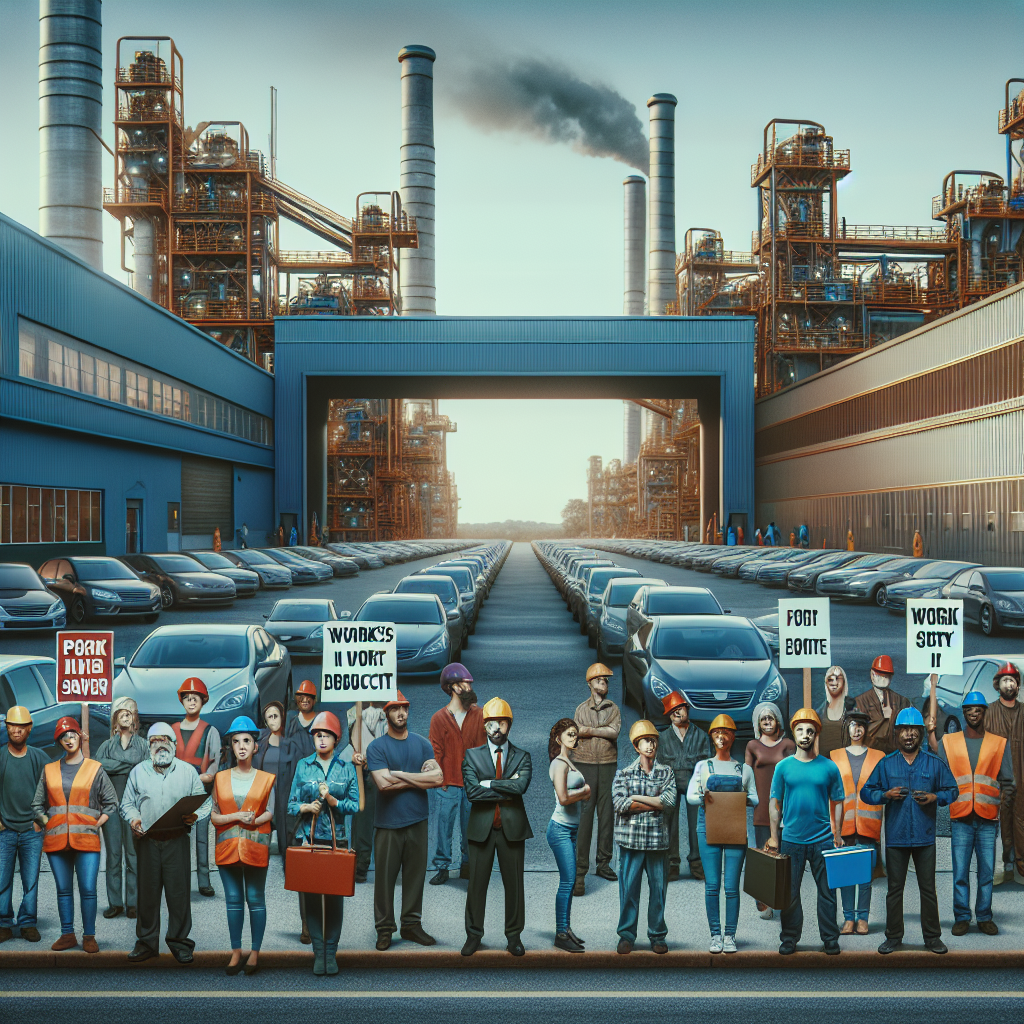
The automotive industry is experiencing significant disruptions as major manufacturers and suppliers grapple with labor disputes and economic pressures. From production halts at key facilities to substantial workforce reductions, the sector is undergoing a period of substantial transformation that affects both traditional and electric vehicle manufacturing operations.

The automotive retail landscape is experiencing significant shifts as manufacturers and dealers navigate supply challenges, pricing pressures, and changing consumer financing patterns. While some brands struggle with inventory constraints, others are introducing aggressive financing options to maintain sales momentum, creating a complex market environment for both dealers and car buyers.
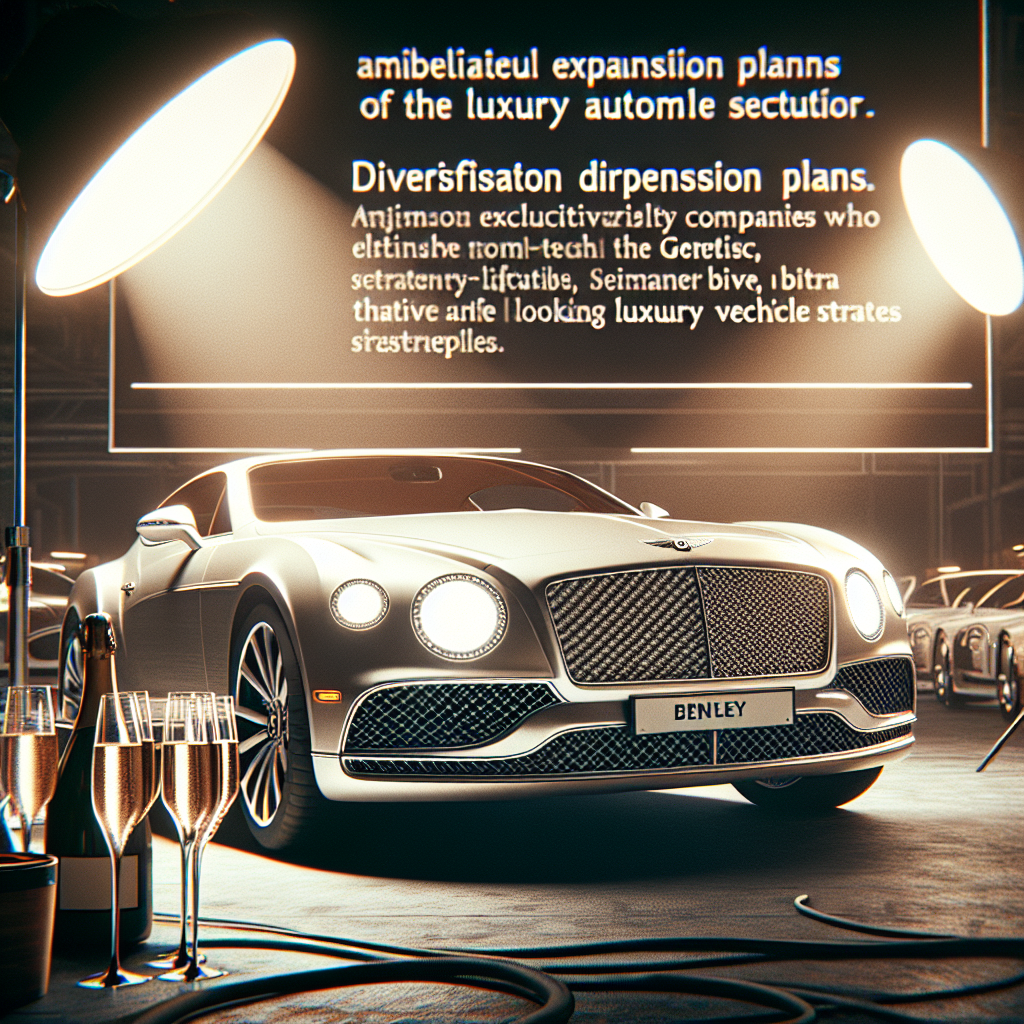
Several premium automotive brands are recalibrating their electric vehicle strategies while simultaneously expanding into new market segments. From Bentley's revised EV timeline to Genesis's ambitious expansion plans, luxury manufacturers are demonstrating agility in response to market dynamics while maintaining their commitment to exclusivity and innovation.
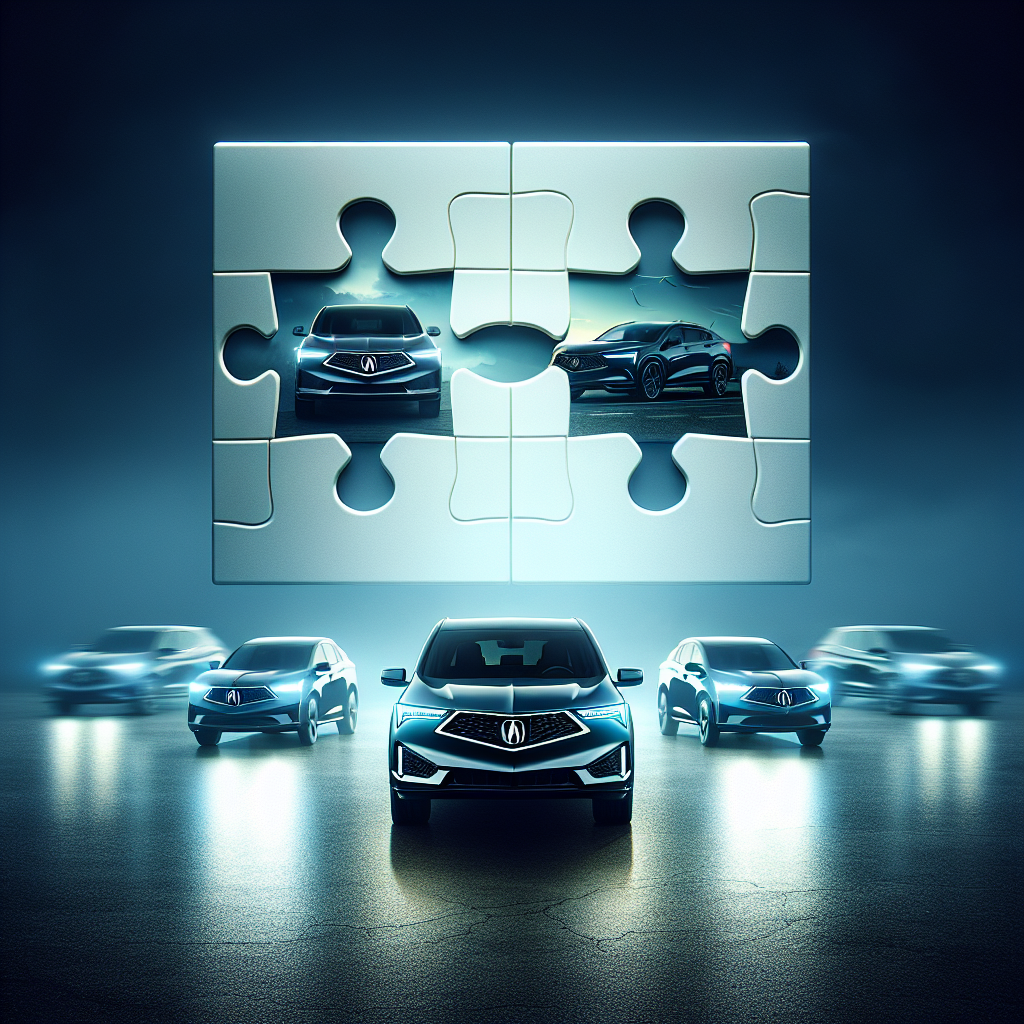
In a significant strategic shift, Honda's luxury division Acura has announced the discontinuation of its first all-electric vehicle, the ZDX SUV, after just one year in production. The move represents a broader realignment of Acura's electrification strategy as the company plans to transition to a dedicated electric vehicle platform for future models [1].
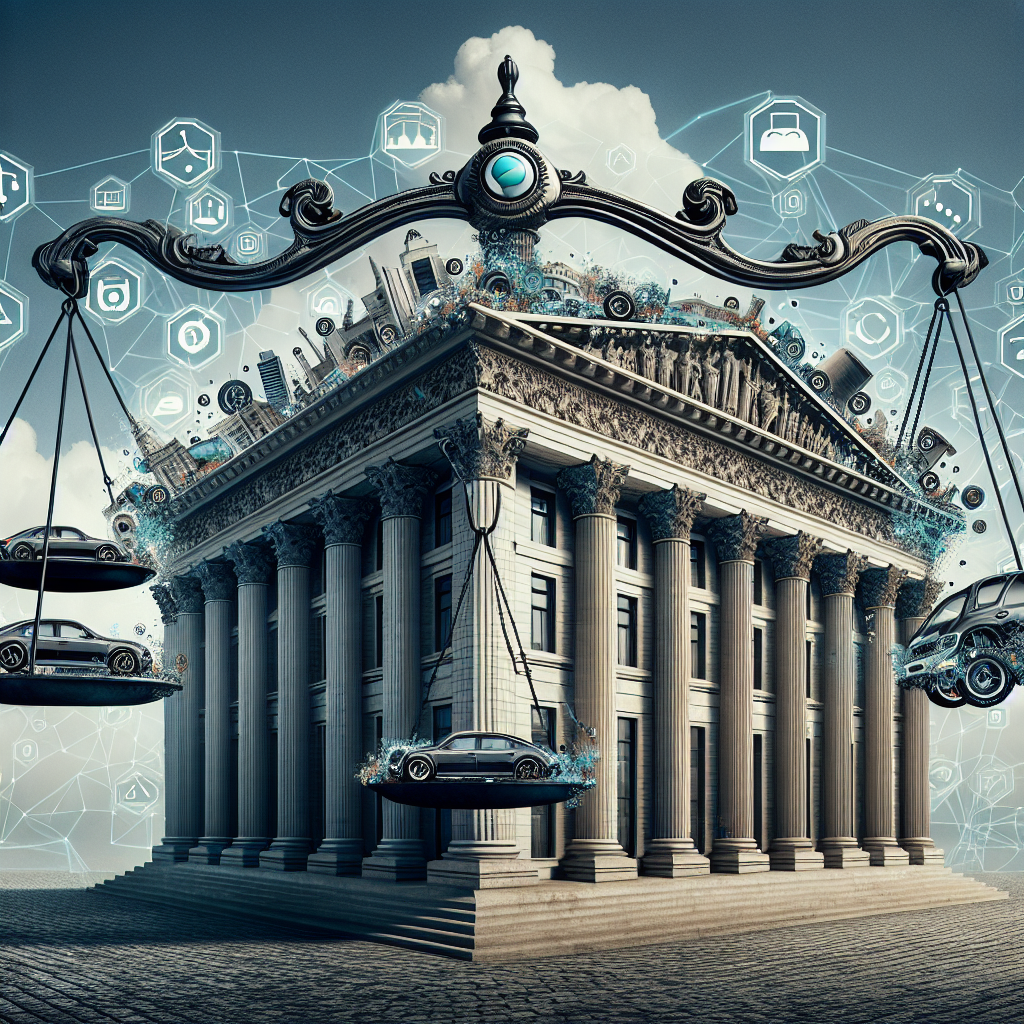
The automotive industry is experiencing significant regulatory changes across major markets, with both tightening emissions standards and evolving electric vehicle incentives reshaping the sector. From new federal emissions rules in the United States to Europe's reconsideration of its internal combustion engine ban, policymakers are adjusting their approaches to vehicle regulations while manufacturers scramble to adapt their strategies.
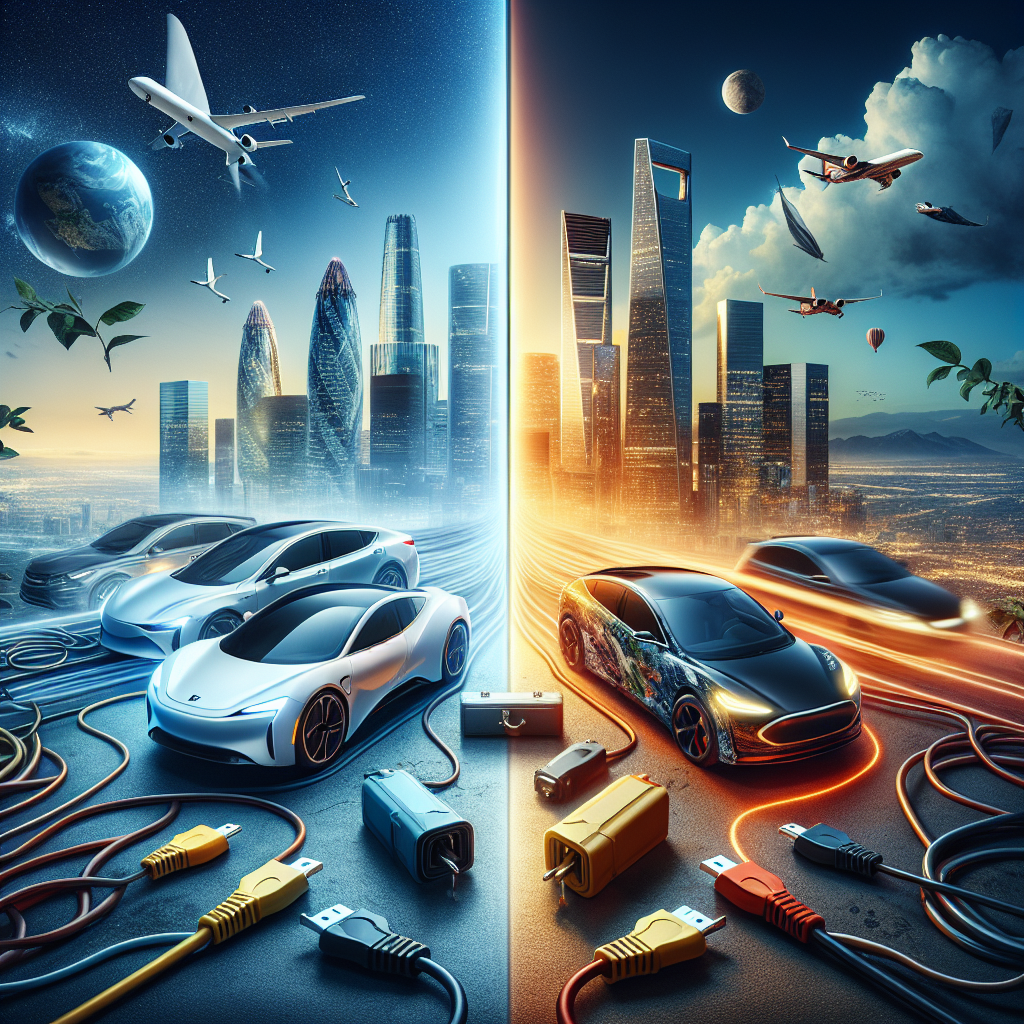
Global auto is in a transition slowdown, not a demand collapse. Across the reviews, EV growth is uneven, price competition is intense, and tariffs and changing incentives are reshaping where and what gets built. Hybrids are winning share as a profitable bridge, while many pure‑EV programs are being paced to economics. Balance‑sheet strength and localization are the key shock absorbers: incumbents with cash and flexible product mixes (hybrids/EV/ICE) can defend margins; capital‑hungry challengers face higher financing and execution risk. Software, ADAS and energy/storage remain important optionality, but legal and regulatory scrutiny is rising. Income remains a meaningful part of total return in Europe and Korea, while the U.S. features higher beta and greater dispersion. The investment climate favors disciplined operators with cash generation, tariff hedges and credible cost downs over volume chasers.

In a significant move that marks the end of a long-standing partnership in the electric vehicle sector, Warren Buffett's investment company has decided to completely divest its stake in Chinese automaker BYD, securing a remarkable $10 billion profit after a 17-year investment period [1].

Major shifts are occurring in automotive manufacturing as Volvo Cars announces significant expansion plans in the United States, while Jaguar Land Rover (JLR) grapples with extended production shutdowns due to a devastating cyberattack. These contrasting developments highlight the dynamic nature of global auto manufacturing and its vulnerabilities in the digital age.

